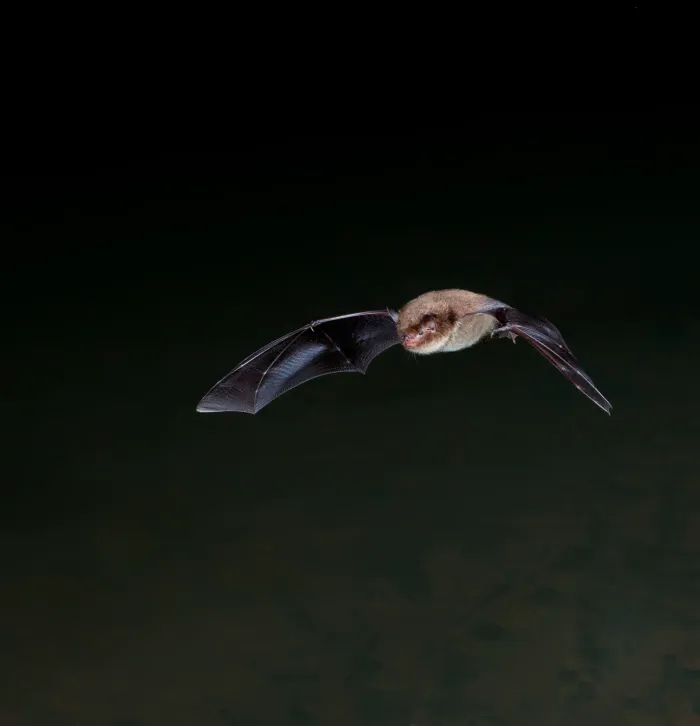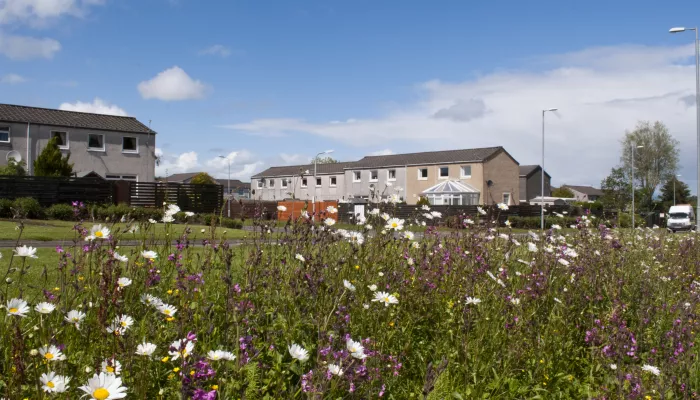Our concerns with the Planning and Infrastructure Bill
The publication of the Planning and Infrastructure Bill brought fresh concerns. While the Government received a huge number of highly detailed consultation responses to the Planning Reform Working Papers earlier this year (read our response here), it appears that these have been entirely disregarded. At the heart of our concerns is Part 3 of the Bill, which would allow developers to pay into Environmental Delivery Plans (EDPs) to satisfy their environmental obligations. In principle, this concept could work in some circumstances, if strict safeguards were implemented and EDPs were based on robust ecological evidence. However, that is not the case being put forward by the Government. Instead, there will be no requirement for EDPs to be based on ecological evidence, no obligation to demonstrate that they will significantly improve environmental features, and no priority given to avoiding harm to nature. This would be a huge step backwards for nature and society as a whole. Given the extremely high levels of development pressure in Kent, we would be hugely impacted.
We joined the other Wildlife Trusts in putting forward a suite of amendments necessary to ensure that environmental protections, including the mitigation hierarchy, are not watered down or even scrapped. It is incredibly disappointing to learn that the Government has no intention of considering these amendments and instead appears determined to rush through a Bill that would only serve to accelerate nature’s decline.

What we can do
As a country we must not take a step backwards in our environmental protections. This is not a case of people vs wildlife. Human life depends on healthy and thriving ecosystems, and it is essential that nature recovery and access to nature sit at the heart of the Government’s plans for economic development.


